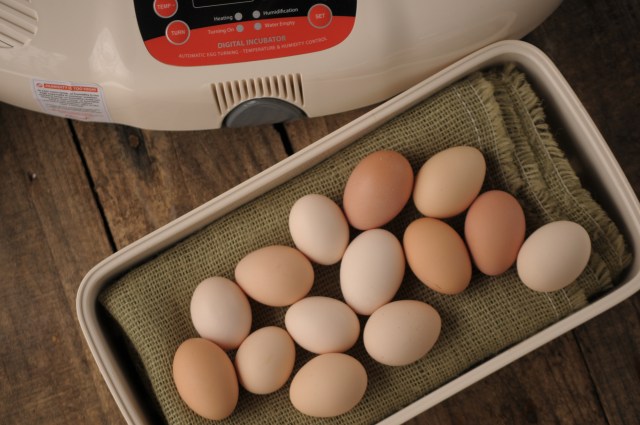The intriguing question of whether refrigerated eggs can hatch in an incubator has fascinated many chicken enthusiasts. This curiosity stems from the desire to maximize the usage of eggs, even those stored in the fridge. But how viable is it to attempt hatching refrigerated eggs? Let’s delve into the details.

Understanding Egg Viability
Before exploring the specifics of hatching refrigerated eggs, it’s crucial to understand what makes an egg viable for incubation. A fertile egg, when stored properly, has the potential to hatch. However, the conditions under which it is stored play a significant role in its viability.
The Impact of Temperature
Eggs must be stored at the right temperature to remain viable. Typically, eggs are best kept at temperatures between 50F and 60F. When eggs are refrigerated, they experience temperatures significantly lower than this range, which can impact their ability to hatch.
Can Refrigerated Eggs Still Hatch?
While it is possible for refrigerated eggs to hatch, the success rate is typically lower than that of eggs stored at optimal temperatures. The cold temperature can cause the egg’s internal structures to deteriorate, reducing the likelihood of a successful hatch.
Factors Influencing Hatchability
Several factors can influence the hatchability of refrigerated eggs, including the duration of refrigeration and the consistency of the temperature. Eggs that have been refrigerated for shorter periods and at temperatures closer to the optimal range have a higher chance of hatching.
Preparing Refrigerated Eggs for Incubation
If you decide to attempt hatching refrigerated eggs, there are several steps you can take to improve your chances of success. First, allow the eggs to gradually warm to room temperature before placing them in the incubator. This helps prevent thermal shock, which can damage the embryo.
Setting Up the Incubator
Setting up the incubator correctly is crucial for hatching success. Make sure the temperature and humidity levels are appropriate for incubation. For detailed guidance, you might find this external guide on using an incubator helpful.
Monitoring the Incubation Process
During incubation, consistent monitoring is key. Regularly check temperature and humidity levels, and adjust as necessary. For more tips on maintaining optimal conditions, you can refer to this humidity guide.
Candling Eggs
Candling is a technique used to check the development of the embryo inside the egg. By shining a light through the egg, you can observe growth and identify any potential issues. Learn more about candling frequency at this candling guide.
Challenges and Considerations
While it is possible to hatch refrigerated eggs, there are challenges to consider. The success rate may be lower, and there is an increased risk of embryo mortality. However, with careful preparation and monitoring, you can improve the odds.
Post-Hatching Care
Once the chicks hatch, providing proper care is essential. Ensure they have a warm, safe environment and access to food and water. For detailed chick care tips, visit this chick care guide.
Conclusion
In conclusion, while hatching refrigerated eggs is possible, it requires careful attention and preparation. By understanding the factors that influence hatchability and following best practices for incubation, you can enhance your chances of success.

FAQs
Can all refrigerated eggs hatch?
Not all refrigerated eggs will hatch. The viability depends on factors like the duration of refrigeration and temperature consistency.
How long can eggs be refrigerated before hatching?
Eggs should ideally be refrigerated for no longer than a week to maintain viability for hatching.
What temperature should an incubator be set at?
An incubator should be set at approximately 99.5F for optimal hatching conditions.
This article contains affiliate links. We may earn a commission at no extra cost to you.











